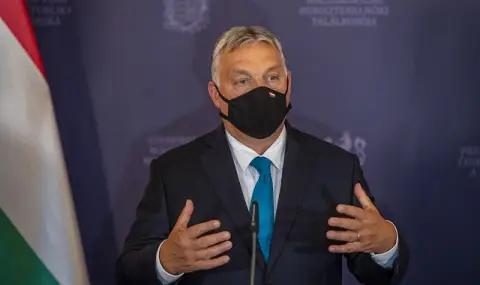Hungary's parliament has approved a bill to withdraw the country from the International Criminal Court (ICC).
This came after the necessary support of more than two-thirds of its members was gathered.
Hungarian Prime Minister Viktor Orbán announced his country's withdrawal from the ICC earlier this month, accusing the court of turning into a "political institution".
Orbán's government announced the withdrawal shortly after Israeli leader Benjamin Netanyahu, wanted under an ICC arrest warrant, arrived in Hungary for a four-day state visit.
As a founding member of the International Criminal Court court, Hungary was theoretically obliged to arrest and extradite anyone for whom there was a court order. However, Orbán made it clear when he extended his invitation to Netanyahu that Hungary would not comply with the ruling.
The Hungarian prime minister invited the Israeli leader to visit Hungary a day after the ICC issued its arrest warrant for Netanyahu on charges of war crimes in Gaza, where Israel launched an offensive following an attack by Hamas militants on October 7, 2023.
Israel has rejected all charges, which it says are politically motivated and fueled by anti-Semitism. The country claims that the International Criminal Court has lost all legitimacy by issuing warrants against a democratically elected leader of a country exercising the right to self-defense.
Orbán also joined the criticism, describing the ICC's decision to issue the warrants as "brazen, cynical and completely unacceptable".
For its part, the International Criminal Court stressed that member states are legally obliged to implement its decisions and it is not their job to determine the reasonableness of its rulings.
